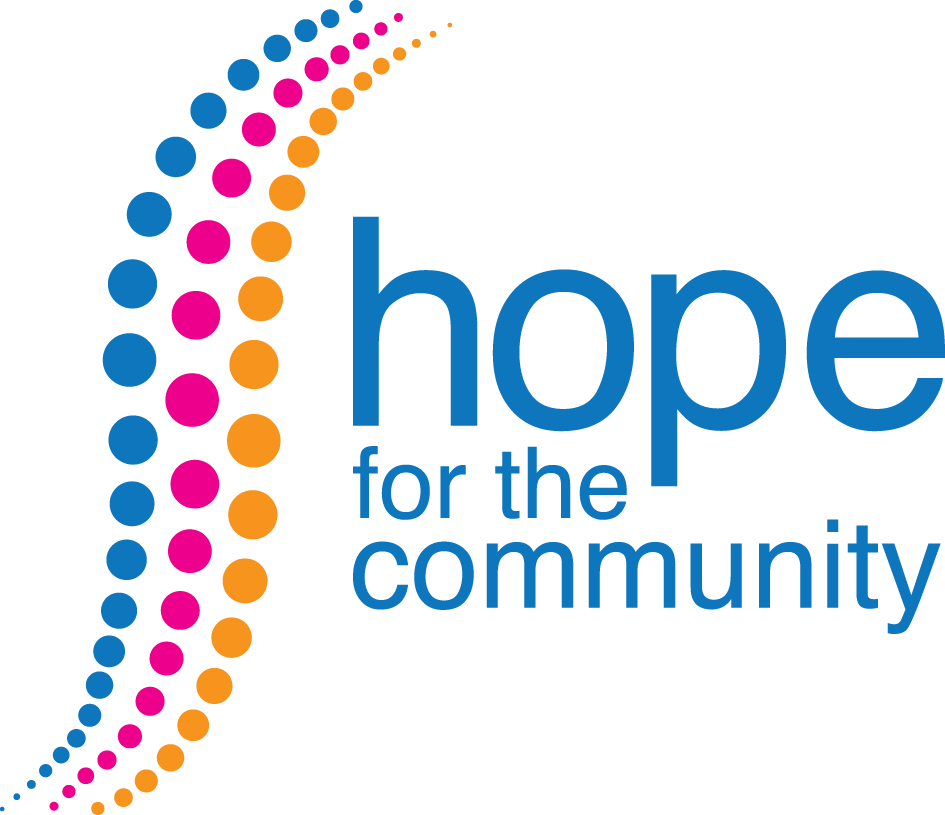Hope Programme for PCOS
Digital Hope Programme for adults with polycystic ovary syndrome (Hope PCOS): a mixed methods feasibility randomised controlled trial
This work was supported by a Child Development Fund Research Grant from the Waterloo Foundation (Ref no. 1423-5084). The project is delivered in partnership with Verity PCOS charity and H4C.
The project is a feasibility test of a randomised controlled trial of the digital self-management and mental wellbeing Hope Programme for adults with polycystic ovary syndrome (Hope PCOS).
PCOS is a common endocrine condition affecting around 1 in 10 women and adults assigned female at birth. People with PCOS can have a range of issues affecting how their bodies produce and respond to insulin and sex hormones. In the shorter term, they may experience acne, weight gain, growth of unwanted hair, hair loss from the head, problems with periods, and irregular or absent ovulation that makes it difficult to get pregnant. In the longer term, having PCOS may increase a person’s risk of problems with sleep, e.g. sleep apnoea, post-natal depression, type 2 diabetes, coronary heart disease or stroke.
PCOS has an adverse impact on mental wellbeing due to a range of factors, including:
• Symptoms of PCOS and visible body changes affecting a person’s sense of self and identity.
• Self-criticism and/or stigma from other people about being in a bigger body and/or about looking different to the norm that is expected for a person’s sex.
• Difficulty getting diagnosed, getting accurate information, and struggling to get the right treatment to meet individual needs.
• Worries about long term health risks.
Healthcare professionals can help manage the condition, but people with PCOS also need to look after their own health and wellbeing by doing self-management.
The digital Hope PCOS programme is a six week online course where adults with PCOS learn with and are supported by peers with the same condition. It aims to improve mental wellbeing and support self-management.
We will run a feasibility randomised control trial with up to 60 people. Participants will have a 50/50 chance of being in either i) the digital Hope PCOS programme or ii) a waiting list control group, who will access the digital Hope PCOS programme after a wait of approximately three months.
Some of the questions we want to answer include:
Do adults with PCOS want to take part in our intervention?
Are they happy to be randomised to the digital Hope PCOS programme vs. the waiting list control group?
How much of the programme do they use?
What do they like or dislike about it?
Will they complete our study questionnaires and take part in interviews after the intervention period, to feed back on their experiences?
We will ask participants to complete questionnaires and interviews to help us understand what works, and what does not. We can then make any adjustments to the research design or improvements to the intervention programme. The next step would be to run a fully powered randomised controlled trial, to test whether the intervention has any measurable effects on self-management and mental wellbeing for adults with PCOS in the short, medium and longer term.
Impact will be achieved through:
Dissemination activities to raise awareness about the psychosocial impact and self-management support needs of those with PCOS.
The refinement of a usable, evidence-based, co-created, digital intervention ready to test in a definitive trial.
Creation of a multidisciplinary team of experts (by profession and lived experience), to expand research and provide solutions in this underserved area.
hope PCOS Participants’ stories
Stories of Helen, Fran and Sarah who completed the Hope for PCOS programme.
The trial is registered with International Standard Randomised Controlled Trial Number (ISRCTN) at https://doi.org/10.1186/ISRCTN17639209.
The Principal Investigator is Dr Carol Percy, Assistant Professor in Psychology, Research Institute for Health and Wellbeing, Centre for Intelligent Healthcare at Coventry University.
Email: c.percy@coventry.ac.uk Profile: https://pureportal.coventry.ac.uk/en/persons/carol-percy


